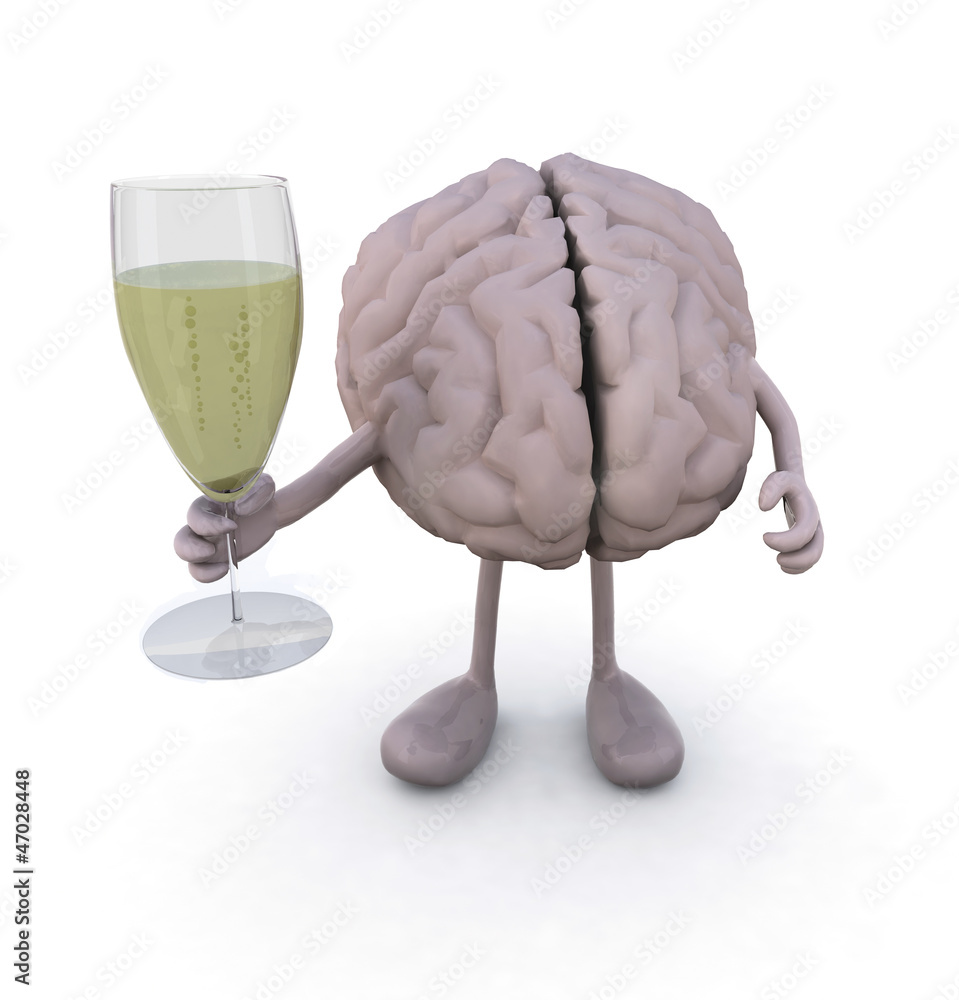These are enough to scare the bejeebers out of you — proceed at your own risk.

Do you still enjoy your cocktails, beer, or wine? If so — read on.
I’ve been doing a bit of research because of concerns I have about my buddy, Bob.
Bob is a dear friend who has been a long-time drinker. A very long time — since high school. He is in the eighth decade of his life and still indulging.
He admires me for being alcohol-free yet says it’s not for him as he’s been drinking too long and enjoys it too much to give it up.
I’ve been paying more attention when we get together as he seems to be aging rapidly — physically and mentally.
Bob also has angry outbursts if I should challenge him in any area. He takes everything personally and gets defensive.
He also likes to place the “blame” for any misunderstanding or mistake on someone else. It’s never his doing.
These challenging behaviors have arisen in the past few years, changing this once jolly man into a not-so-pleasant guy to be around at times.
More recently, I’ve noticed Bob is often forgetful and repeats himself.
Let’s get right to it.
Short-Term Effects of Alcohol on the Brain
- Memory impairment begins right from the onset of the drinking cycle and becomes increasingly worse as you consume higher quantities.
- Partial Blackout — These happen with a small amount of alcohol intake. You forget people’s names or essential information.
- Complete Blackout — This is a total impairment of your cognition and judgment. You need others to tell you what transpired when you went into the blackout. This can be frightening as you cannot recall even a single instance during the blackout period.
These blackouts occur because the level of alcohol in the blood rises too fast. The amount you drink, your body weight, and whether you had an empty stomach while drinking are all factors that can contribute to a blackout.
Long-Term Effects of Alcohol on the Brain
- There is the potential development of physiological dependence — a state or condition in which a person experiences physical and psychological withdrawal symptoms and cravings if they stop drinking or significantly lower the amount of alcohol in their body.
- They are at risk of developing an AUD (alcohol use disorder or alcoholism) — a brain disease characterized by a struggle to limit drinking despite significant adverse results.
- Alcohol exacerbates underlying mental health disorders.
- Alcohol affects the brain centers and is responsible for accelerating the natural chronological aging — causing premature aging.
- Alcoholism is associated with poor dietary habits resulting in thiamine deficiency. Inadequate levels of this vitamin cause deep brain damage that is mainly responsible for severe cognitive deficits.
- Alcoholism disrupts the normal mechanisms of the front lobe, damaging cells associated with problem-solving abilities.
- Heavy drinkers are three times more likely to develop dementia than the rest of the population. Dementia is a classical consequence of alcohol-related brain damage.
Alcohol kills brain cells. This is heartbreaking.
Alcohol brain damage is reversible, according to research. The goal is to have the person withdraw from alcohol. Depending on the severity of the problem — it may be wise to do this under the supervision of a professional in the alcohol rehab field.
I would not want Bob to try it on his own after many years of drinking.
I am not a professional. I’m a former drinker with a dear friend I believe is in danger.
Thanks to AmericanAddictionCenters.org and Alcorehab.org for the information given above.
Please seek professional help or call the National Drug and Alcohol Treatment Hotline at 1–800–662-HELP (4357), your primary care physician, or an alcohol rehab facility.
Your life is at stake, as is the health of your brain.
No comments:
Post a Comment